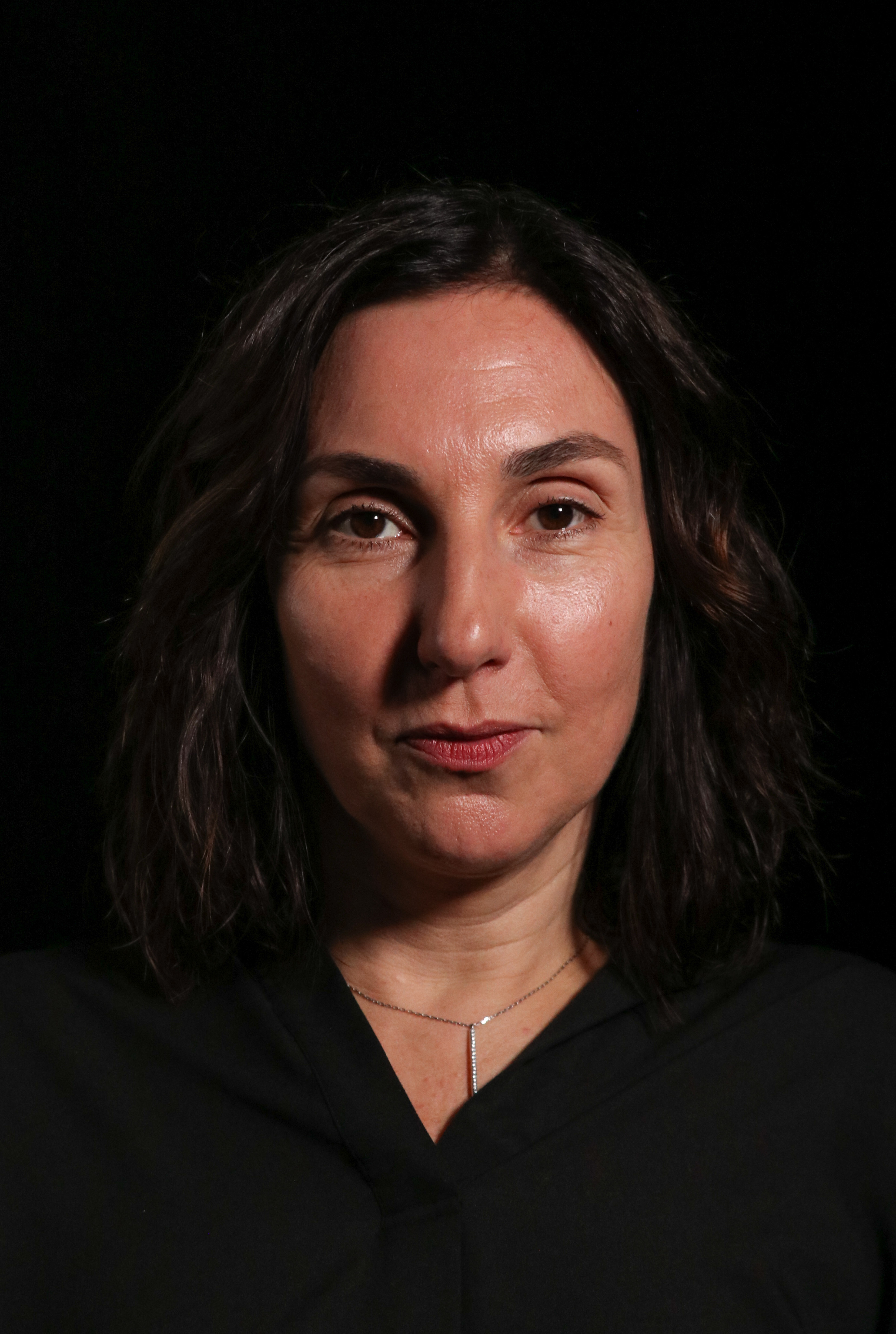To visit the West during totalitarianism was as absurd a notion as if we wanted to go to Mars today

Download image
Rebeka Křižanová-Bartůňková was born on 15 May 1971 in Prague into the family of dissident and initiator of the petition Several Sentences Jiří Křižan. Her family was marked by the tragic story of her grandfather, Jan Křižan, who was executed by the communist regime in 1951 in a fabricated political trial. The memoirist signed and disseminated Several Sentences while still a senior in high school. She was also a regular participant in many anti-regime demonstrations, including during Palach Week, during which riot police brutally cracked down on otherwise peaceful protesters. In the autumn of 1989, she was threatened with disciplinary proceedings at the Faculty of Social Sciences of Charles University, where she entered the mass communication department the same year. This did not happen, however, because the Velvet Revolution had begun. Rebecca survived a crackdown by armed men on Národní třída and soon afterwards joined the student strike together with other classmates from the faculty. She was one of those who started contributing to the Student newspaper, founded by Pavel “Pažout” Žáček in December 1989. During the 1990s, Rebeka Křižanová-Bartůňková established herself as an investigative journalist, dramaturge and documentary filmmaker. In 2022 she lived in Prague.

